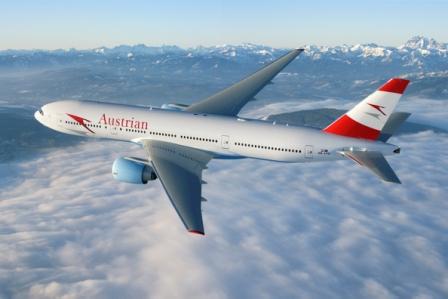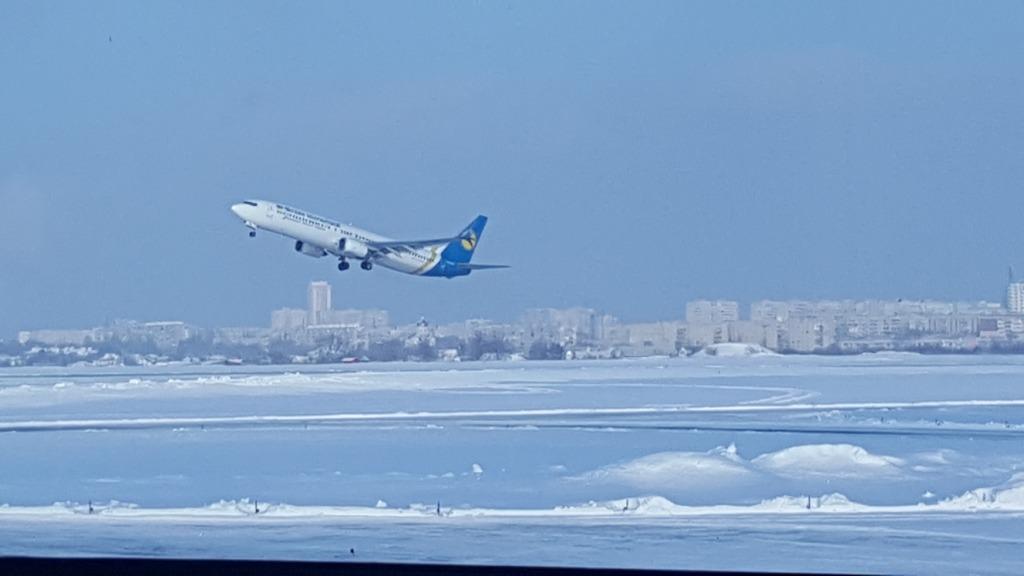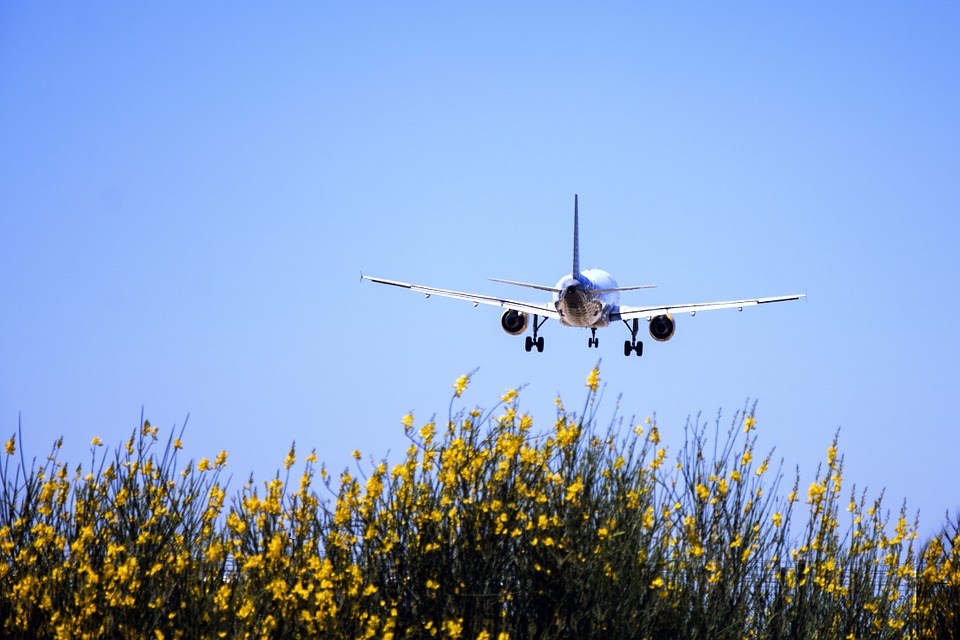On Wednesday evening, the Austrian federal government announced that the landing bans for flights from Albania, Bosnia and Herzegovina, Bulgaria, Kosovo, Montenegro, Egypt, Northern Macedonia, Romania, Serbia as well as Great Britain, Sweden and Ukraine will expire on July 31. This makes it possible to reintroduce these destinations into the flight program of Austrian Airlines. The new entry regulation issued on Monday remains in force. Due to local entry regulations, Austrian Airlines last removed flights to Shanghai and Tel Aviv from its program for the month of August.
Flights to Bucharest, Chicago, Pristina and Sarajevo are to be offered as early as today, July 31. From August 1, the Austrian home carrier will be flying again to Belgrade, Cairo, Kyiv, London, Podgorica, Sibiu, Skopje, Sofia, Stockholm, Tirana and Varna. The following frequencies are planned for the month of August.
“We welcome the solution of the Austrian Federal Government, which combines the highest requirements for health protection and freedom of travel. We now intend to quickly expand our route network and re-establish our hub at Vienna Airport to provide our customers with a wide range of connecting flights in a timely manner”, explained Austrian Airlines CCO Andreas Otto.
The new entry regulations at a glance:
• No COVID-19 tests (PCR test) or quarantine measures are required for the entry of passengers from the following European countries: Andorra, Belgium, Denmark, Germany, Estonia, Finland, France, Greece, Great Britain, Ireland, Iceland, Italy, Croatia, Latvia, Liechtenstein, Lithuania, Luxembourg, Malta, Monaco, Netherlands, Norway, Poland, San Marino, Switzerland, Slovakia, Slovenia, Spain, Czech Republic, Hungary, Vatican and Cyprus.
• Transfer passengers also do not require a COVID test.
• Austrians, EU/EEA and Swiss citizens as well as persons residing in Austria, who enter from a risk area, must carry a health certificate in German or English (with a negative PCR test, not older than 72 hours at entry) or, if testing was not possible prior to the entry, they are obliged to conduct a PCR test within 48 hours at their own expense. Until the negative test result is available, a self-monitored (home) quarantine must be carried out.
The following countries or areas are considered having an increased risk of Covid-19: Albania, Bangladesh, Belarus, Bosnia-Herzegovina, Brazil, Bulgaria, Chile, Egypt, Ecuador, India, Indonesia, Iran, Kosovo, Mexico, Moldova, Montenegro, Nigeria, Northern Macedonia, Pakistan, Peru, Philippines, Portugal, Romania, Russia, Sweden, Senegal, Serbia, South Africa, Turkey, Ukraine, USA and Hubei Province (China).
• Third-country nationals are in principle subject to an entry ban, unless they enter from the Schengen area and can present a negative PCR test not older than 72 hours. After entry, these persons must also undergo a 10-day self-monitored (home) quarantine. For this purpose, they must present a confirmation of accommodation, at their own expense.
• There are exceptions for certain groups of third-country nationals. These include those persons who are in a partnership with a person living in Austria. These persons can enter without quarantine and without a COVID test if they provide the appropriate proof.





